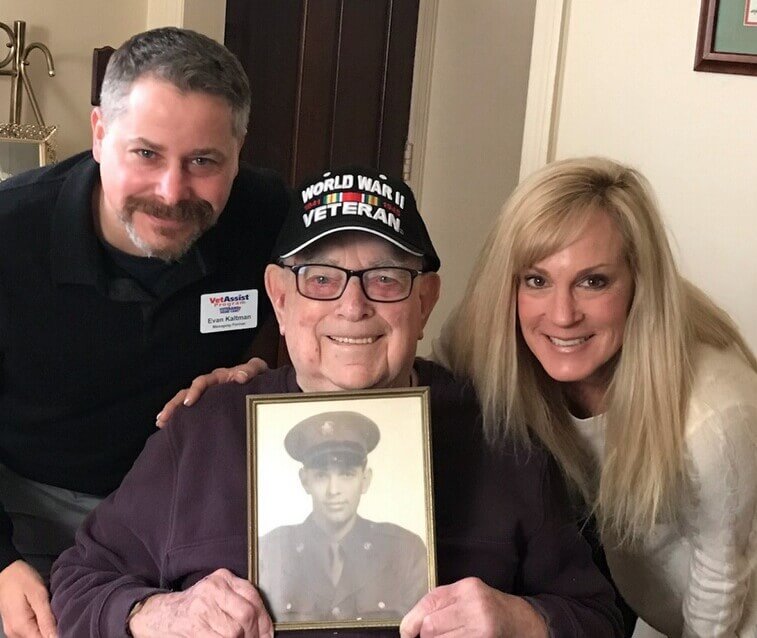Having a home care services companion in your aging veteran loved one’s home can take an incredible amount of pressure off of you and help you to go about your daily life in a happier, more productive manner feeling confident that your loved one is being properly cared for even when you are not available to provide this care. Because of the incredible benefit that an in home care provider can offer your veteran, and you, it can be easy to start thinking of this home health care services provider as part of the family or a dear friend. While it is natural to form close emotional bonds with home care services providers, it is critical to remember that these providers are your employees and, therefore, must have appropriate boundaries established for them at the beginning of the caregiving relationship, then upheld throughout the course of care.
Establishing appropriate boundaries with your loved one’s care provider is not about distancing the person or trying to prevent an emotional bond. You want your loved one to feel emotionally connected to the caregiver, and for the caregiver to feel likewise connected to your loved one. These boundaries are in place to ensure that this emotional bond does not become inappropriate and the line between the responsibilities and rights of the home care services provider and those of the family caregivers is not blurred.
Some examples of appropriate boundaries you may wish to establish with your home care services companion include:
- Particular rooms or areas of the home that are off-limits or should only be entered with express permission.
- The requirement to knock and announce herself prior to opening any closed door.
- The names that she should call your loved one and you.
- Restrictions on the use of cash or debit cards that belong to your loved one.
- Restrictions on the use of the television, phone, internet or other amenities within the home.
- Guidelines as to guests or family members such as children that are allowed to visit the home when the caregiver is working.
- The protocol for requesting time off or calling out due to illness or other emergency.
- Whether or not the home care services provider is permitted to open mail, answer phone calls or contact businesses or doctors on behalf of your loved one.
- Guidelines as to the types of outings you expect your loved one to be taken on, and those that you do not deem appropriate.
For more information on the VA Aid and Attendance Pension Benefit that helps senior veterans pay for in-home care services, or if you have a general question about VA Home Care, please don’t hesitate to call Veterans Home Care at 888-314-6075















